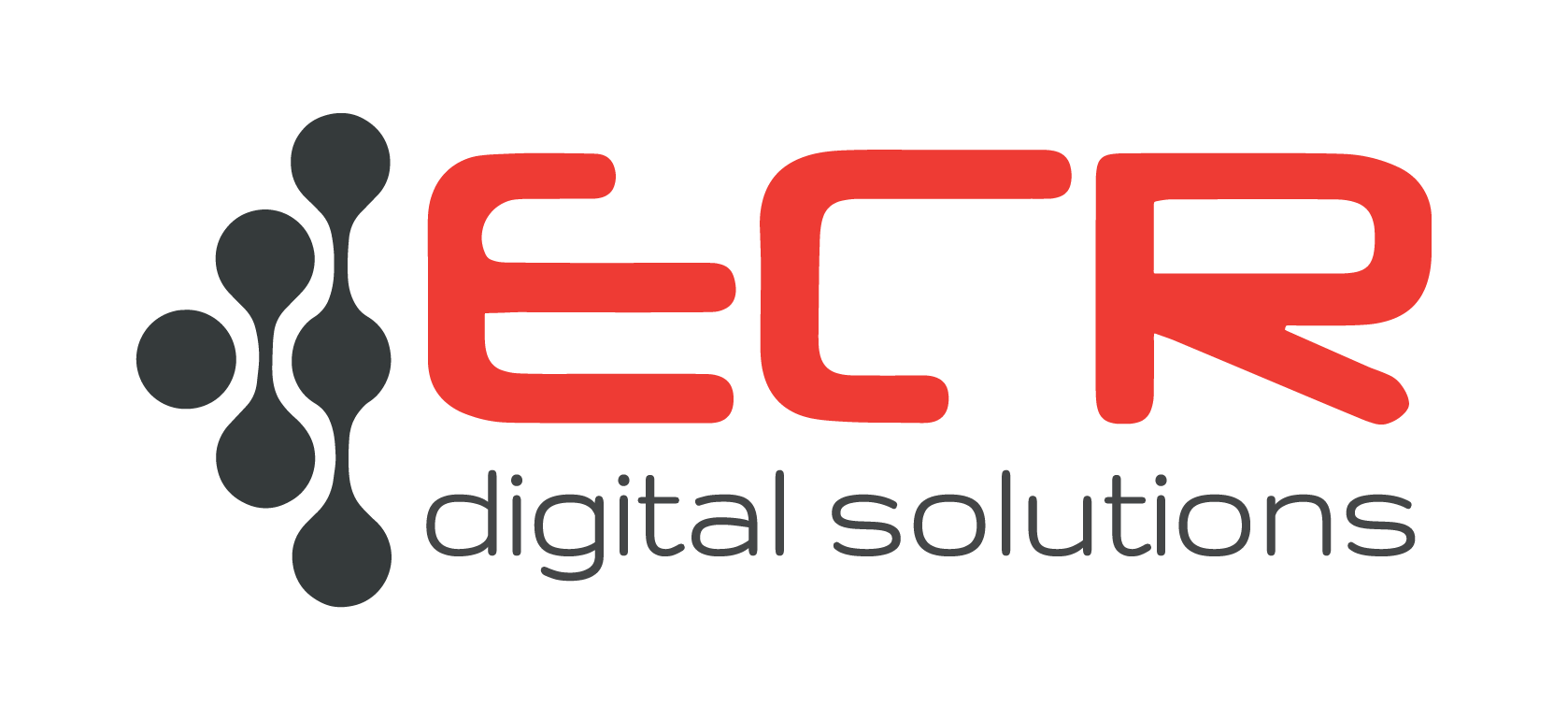How to Manage a Software Development Project with Agile Methodology: Balancing Customer Satisfaction and Team Well-being
Tue 07/01/2025 5m read 1042 views
Top Tools and Trends Shaping the Future of Data Science
The world of data science is evolving rapidly, powered by cutting-edge tools and innovative trends. Whether you’re just starting or scaling your data initiatives, keeping up with the latest in the field is essential.

Here’s a look at the tools and trends driving the data science revolution:
Tools Powering Data Science
-
Python
The go-to language for data science, Python offers extensive libraries like Pandas, NumPy, and Scikit-learn for data analysis and machine learning.
-
R
A favorite for statistical computing and visualization, particularly in academia and research.
-
Jupyter Notebooks
A versatile environment for coding, visualization, and storytelling with data.
-
TensorFlow & PyTorch
Leading frameworks for building and deploying machine learning and deep learning models.
-
Tableau & Power BI
User-friendly tools for creating interactive dashboards and visualizing data insights.
-
Apache Spark
Ideal for processing large-scale data quickly, making it a go-to for big data projects.
-
SQL
The backbone of data querying and management, essential for interacting with databases.
Emerging Trends to Watch
-
AutoML (Automated Machine Learning)
Simplifying the machine learning process by automating feature selection, model training, and tuning, making data science accessible to more people.
-
MLOps
A growing focus on operationalizing machine learning models, ensuring they remain accurate, efficient, and scalable in production environments.
-
Explainable AI (XAI)
The demand for transparency in AI decision-making is rising, with tools and frameworks being developed to explain models and predictions.
-
Real-Time Analytics
Businesses are increasingly leveraging real-time data streams for instant insights, especially in sectors like finance, e-commerce, and healthcare.
-
Big Data Analytics
With the explosion of data, tools like Hadoop and Spark are enabling organizations to process and analyze massive datasets efficiently.
-
Cloud Data Platforms
Platforms like AWS, Google BigQuery, and Azure Synapse are revolutionizing how data is stored, processed, and analyzed, offering scalability and flexibility.
-
Synthetic Data
Generating artificial datasets to train machine learning models while preserving privacy and reducing dependency on real-world data.
Related articles










